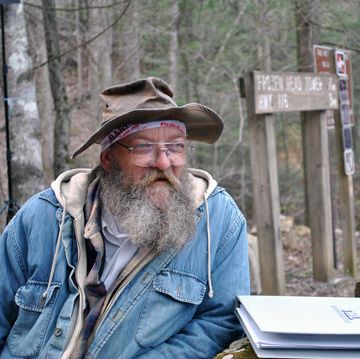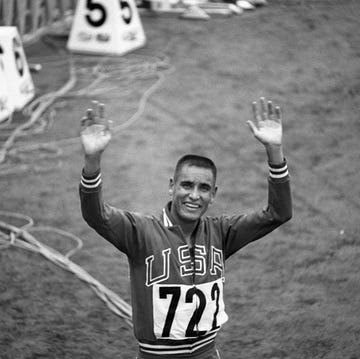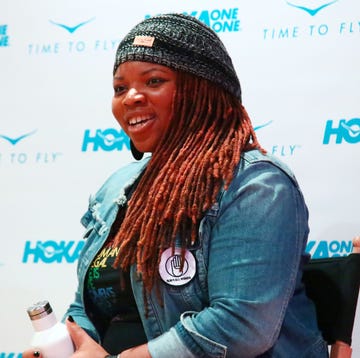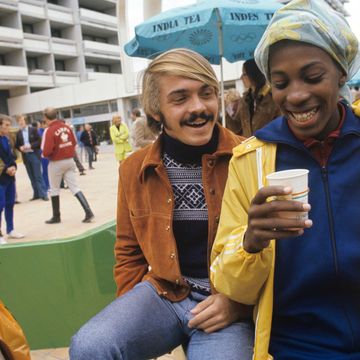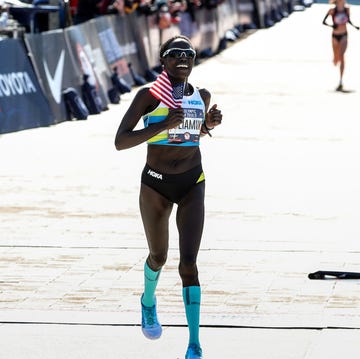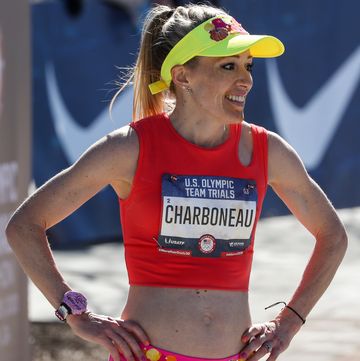- Marathoner Meb Keflezghi shares his Olympic memories and how it feels to be running in his fourth Games at 41 years old. (2:06)
- We take you on the trail behind Runner’s World HQ for the lowdown on why speedwork really is worth the suffering. (25:45)
- In the Kick, highlights from track and field in Rio, a young runner who uses the sport to improve his life, and the cool way one cross-country team made training more fun. (38:55)
Marathon Meb
At 41, Meb Keflezghi is the second-oldest member of the U.S. track and field team, right behind 5,000-meter runner Bernard Lagat. (Lagat will be running the men’s 5,000 meters on Saturday, August 19.)
Meb is also the only athlete in history to win the New York Marathon, the Boston Marathon, and an Olympic medal (silver in 2004) in the marathon.
In 2014, he made history by becoming the first American to win the Boston Marathon since 1983, running a PR of 2:08:37 at age 38. This past April in Boston—this year in Beantown as a spectator—Meb sat down for an interview with Runner’s World editor Scott Douglas (the pair wrote Meb for Mortals-How to Run, Think, and Eat Like a Champion Marathon (Rodale)). They talked about Meb’s Olympic history, baseball, and his habit of seeking out and grabbing an American flag from a spectator in the final stretch of his marathons.
The Need for Speed
In the August issue of Runner’s World, columnist Mark Remy talks about how, for many runners, speedwork feels a lot like going to the dentist.
In “Drill, Baby, Drill,” Mark writes: “They both involve discomfort, and sometimes pain. Because of this you don’t exactly look forward to either of them. Still, you know they’re important.”
Okay, so what makes speedwork so important? Budd Coates knows. He’s the training director at Runner’s World and leads the weekly noontime speed session on the Rodale campus.
Our producer Brian Dalek talked to Budd to find out: Just what are the benefits of enduring a little pain?
For more information on the benefits of speedwork and different workouts, check out our Race Training page. Need a 5K, half, or marathon training plan? Go here to find the plan that’s perfect for you.
The Kick
We wrap things up with a few notable stories from the week:
- What’s Happened So Far at the Olympics
- How an Ohio Pig Farm Raised an Olympian
- One Race’s Youngest Runner Dreams of Finding Adoptive Family
- Watch: High School Cross-Country Team Takes Shelter Dogs on Training Run
Episode Credits:
The Runner’s World Show is hosted by Editor-in-Chief David Willey.
The podcast is produced by Sylvia Ryerson, Mervyn Degaños, Christine Fennessy, and Brian Dalek.
The Runner's World Show is part of the Panoply network.
Interviews on the podcast have been edited for length and clarity. Got a story idea for the show? Send it to [email protected].

Brian has spent more than a decade focused on creating compelling news, health, and fitness content—with a particular interest on enthusiast activities like running and cycling. He’s coordinated coverage of major events like the Paris Olympics, Boston Marathon, New York City Marathon, and Tour de France, with an eye toward both the professional race and the engaging stories readers love.








